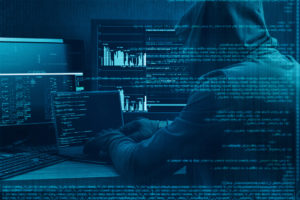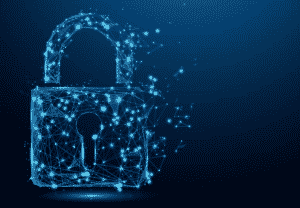Study results bring the danger to light
SVV, ICTswitzerland, ISB, ISSS and SVV carried out a joint study that looked at cyber attacks. The result was frightening: more than a third of all companies surveyed had already been affected by a cyber attack, but only four percent see it as a great danger to be hit again by such an attack and to see their own existence threatened.
The experts were shocked by the carelessness and the high number of cyber attacks. The main results of the study said:
- around 62 percent of companies demand that IT always work reliably because this is seen as very important for their own company
- around four percent of all SMEs in Switzerland have already been affected by blackmail, and around 36 percent have already struggled with malware
- Cyber risks are greatly underestimated; more than half of the managing directors surveyed (56 percent of 300 companies) saw their own company as being well protected against hacker attacks
- Protection against cyber attacks is still not sufficient (60 percent protect themselves against malware with a firewall and regular backups, only around 20 percent of companies have systems that detect cyber incidents, only 18 percent of companies rely on processes to handle the Internet attacks)
- only around 15 percent of all employees are trained to use IT safely
Imaginative criminals?
Just spying on sensitive data is no longer the only way cybercriminals take. Among other things, they rely on ransomware and thus block access to the computer of the company or a private person.
The PC will only be activated again after the ransom has been paid. This is a scam that is also often used to extort Bitcoins or other crypto currencies. However, there are defense programs that prevent such software or its execution. However, this defense software is used too seldom by companies.
In general, the companies are still too unprotected. While the basic cyber protection measures have improved significantly and around 60 percent are using protection against malware, a firewall and backups, the other possible measures can still be expanded. This is very surprising, because in mid-2017 many Swiss companies became victims of a cyber attack by ransomware software.
Even large companies like Merck, Reckitt Benckiser and Beiersdorf were paralyzed by "NotPetya", an encryption Trojan. The effects were felt for months. The Mondelez group, which was also affected, stated at the time that sales in the second quarter had been lost by around half of the usual growth.
By the end of 2017, the damage caused by the Trojan was estimated at up to 84 million US dollars, and soon the sum of 100 million US dollars was in the room. More than 1,700 servers and 24,000 laptops were damaged. Other companies even reported damages of up to 300 million US dollars.







